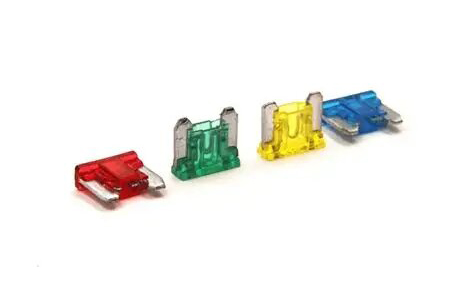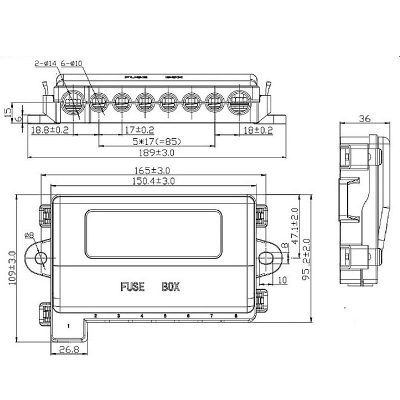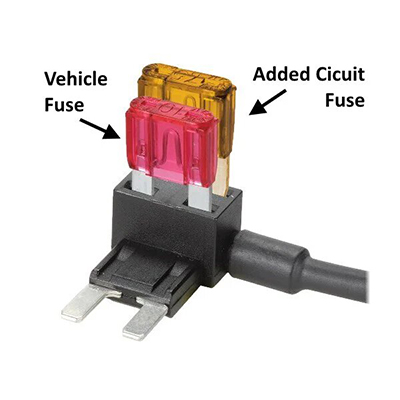The Vital Role of Automotive Fuses in Ensuring Reliable Operation of Car Heating and Defrosting Systems
News 2025-10-13
Automotive fuses are essential components in modern vehicles, particularly for systems like heating and defrosters that ensure driver comfort and safety. In cold weather conditions, these systems draw significant electrical current to warm the interior or clear fogged windows. A car fuse acts as a safeguard, protecting the wiring and components from overloads or short circuits that could lead to fires or system failures. By interrupting the circuit when excessive current flows, fuses maintain the integrity of the vehicle’s electrical system. This protection is crucial in heating elements and defroster grids, which operate at high temperatures and are prone to malfunctions if not properly fused.

Key Application Scenarios
Car fuses for heating systems and defrosters are commonly used in various automotive contexts. For instance, in electric seat heaters and cabin warmers, fuses prevent damage from power surges during startup. Defroster applications, such as rear window grids or front windshield elements, rely on fuses to handle the high amperage needed for rapid heating. These fuses are also critical in hybrid and electric vehicles, where integrated heating systems demand precise current management to avoid battery drain or component wear. By ensuring reliable operation in diverse environments, from urban commutes to long highway drives, fuses enhance vehicle functionality and user experience.
Performance Advantages
Automotive fuses offer several key benefits that make them ideal for heating and defroster applications. Their rapid response time to overcurrent conditions minimizes potential damage, preserving the longevity of sensitive components like heating coils. Made from durable materials, these fuses resist corrosion and vibration, ensuring consistent performance in harsh automotive environments. Additionally, they provide cost-effective protection, as replacing a fuse is far simpler and cheaper than repairing extensive wiring damage. With standardized sizes and ratings, fuses facilitate easy maintenance and upgrades, supporting better energy efficiency in modern vehicles equipped with advanced climate control systems.
Frequently Asked Questions
1. What amperage ratings are typical for car heating system fuses?
Answer: Fuses for car heating systems usually range from 15 to 40 amps, based on the specific power needs of the heater elements.
2. How can I test if a defroster fuse is faulty?
Answer: Check for a blown fuse by inspecting it visually for a broken filament or using a multimeter to test for continuity across the fuse terminals.
3. Why should I use OEM fuses for automotive heating applications?
Answer: OEM fuses match the vehicle’s specifications, offering optimal protection and reducing the risk of electrical failures or safety hazards.


